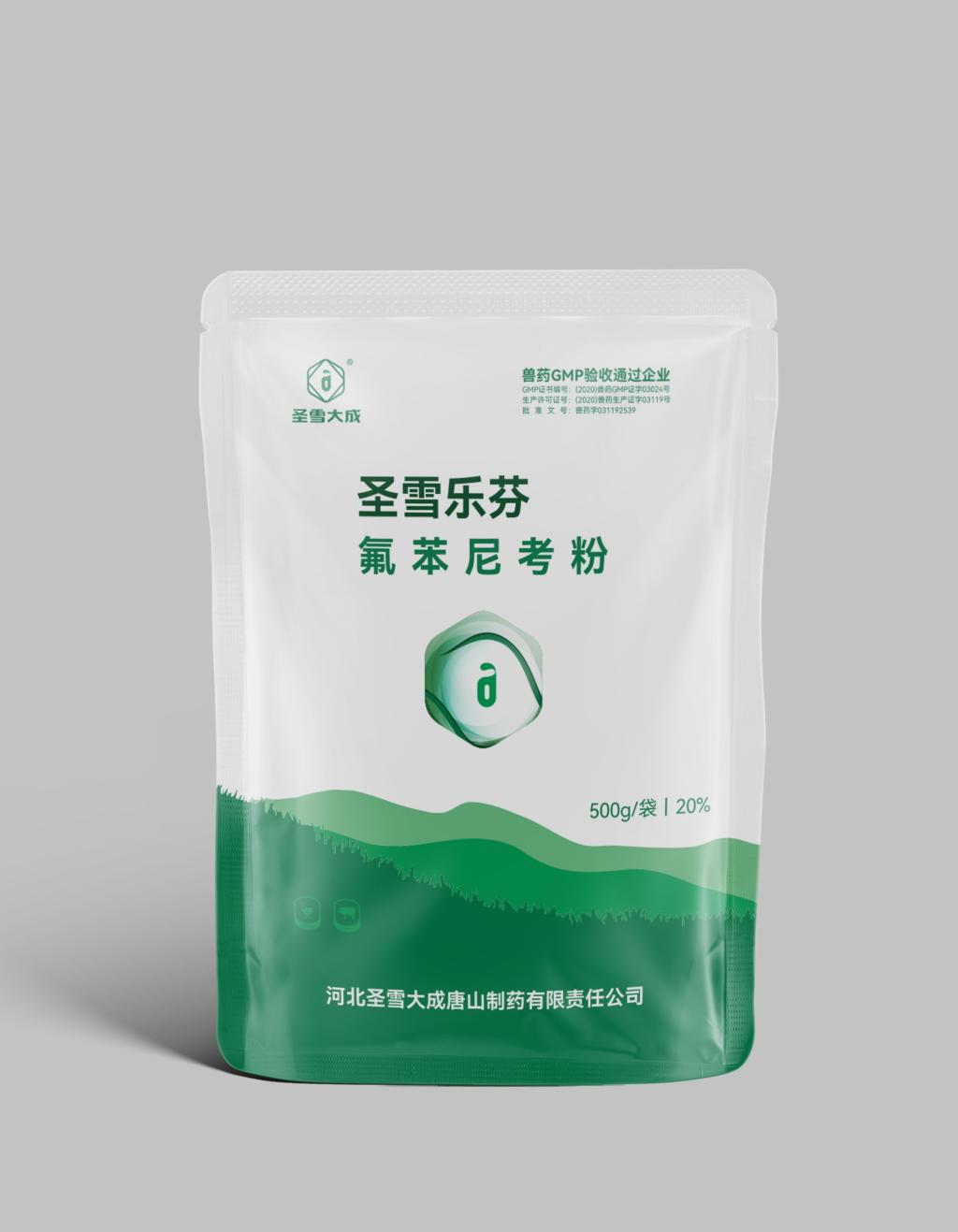Tel:+8618231198596

News
 CONTACT
CONTACT
 CONTACT
CONTACT
- Linkman:Linda Yao
- Tel: +8618231198596
- Email:linda.yao@dcpharma.cn
- Linkman:CHARLES.WANG
- Department:Overseas
- Tel: 0086 0311-85537378 0086 0311-85539701
News
Veterinary clinics need to have a protocol for the safe disposal of unused Florfenicol Powder.
TIME:2024-10-10
Introduction:
Florfenicol is an essential tool in veterinary practice for managing bacterial infections. However, improper disposal of unused or expired Florfenicol can lead to significant environmental and health risks. The release of antibiotics into the environment can contribute to the development of antimicrobial resistance (AMR), which poses a serious threat to both human and animal health. Therefore, it is imperative that veterinary clinics establish and follow a robust protocol for the safe disposal of Florfenicol powder.
Importance of Proper Disposal:
1. Environmental Protection
Water Contamination: Improperly disposed antibiotics can contaminate water sources, leading to the presence of active pharmaceutical ingredients (APIs) in the environment.
Soil and Ecosystem Impact: Antibiotics in soil can affect microbial communities, potentially disrupting natural ecosystems and reducing biodiversity.
2. Public Health
Antimicrobial Resistance (AMR): The presence of antibiotics in the environment can promote the development and spread of resistant bacteria, making infections more difficult to treat.
Human Exposure: Inadequate disposal can lead to human exposure through contaminated water and food, posing potential health risks.
3. Regulatory Compliance
Legal Requirements: Many countries have regulations governing the disposal of pharmaceutical waste, including antibiotics. Non-compliance can result in legal penalties and damage to the clinic's reputation.
Protocol for Safe Disposal:
1. Inventory Management
Regular Audits: Conduct regular audits of medication inventories to identify unused or expired Florfenicol powder.
Labeling and Tracking: Clearly label all medication containers with expiration dates and track their usage to minimize waste.
2. Segregation and Storage
Segregate Waste: Separate unused or expired Florfenicol from other medical waste and store it in clearly labeled, secure containers.
Storage Conditions: Store the segregated waste in a cool, dry place, away from direct sunlight and moisture, to prevent degradation and potential hazards.
3. Disposal Methods
Incineration: Incineration at a licensed facility is one of the most effective methods for disposing of pharmaceutical waste, including Florfenicol. Ensure that the incinerator operates at high temperatures (above 800°C) to completely destroy the drug.
Chemical Deactivation: If incineration is not feasible, chemical deactivation using a neutralizing agent, such as sodium hypochlorite, can render the drug inactive. Follow the manufacturer's instructions for the specific deactivating agent.
Hazardous Waste Collection: Contract with a licensed hazardous waste management company to collect and dispose of the waste according to local regulations.
4. Documentation and Record Keeping
Waste Logs: Maintain detailed logs of the type, quantity, and date of disposal for all unused or expired Florfenicol. This documentation is essential for regulatory compliance and quality control.
Training Records: Keep records of staff training on proper disposal procedures to ensure that all team members are well-informed and competent in handling pharmaceutical waste.
5. Staff Training and Education
Regular Training: Provide regular training sessions for all staff involved in the handling and disposal of Florfenicol. Training should cover the importance of proper disposal, the steps in the protocol, and the consequences of non-compliance.
Awareness Campaigns: Conduct awareness campaigns to reinforce the importance of responsible antibiotic use and proper disposal. Encourage a culture of safety and environmental stewardship within the clinic.
6. Collaboration with Stakeholders
Regulatory Bodies: Work closely with local and national regulatory bodies to ensure that the disposal protocol complies with all relevant laws and guidelines.
Pharmaceutical Manufacturers: Engage with pharmaceutical manufacturers to explore take-back programs or other initiatives that support the safe disposal of unused medications.
Community Engagement: Educate the broader community, including pet owners, about the importance of proper disposal and provide guidance on how to dispose of any unused medications they may have at home.
Challenges and Considerations:
1. Cost and Accessibility
Disposal Costs: The cost of proper disposal, particularly incineration, can be a barrier for some veterinary clinics. Exploring cost-sharing models or seeking grants and subsidies can help mitigate these expenses.
Access to Facilities: In some regions, access to licensed hazardous waste facilities may be limited. Collaborating with other clinics or regional organizations can help facilitate access to appropriate disposal services.
2. Regulatory Variability
Local Regulations: Regulations for pharmaceutical waste disposal can vary by region. It is important to stay informed about local, state, and national regulations and adapt the protocol accordingly.
International Standards: For clinics operating internationally, adhering to international standards, such as those set by the World Organisation for Animal Health (OIE), can help ensure consistency and compliance across different locations.
3. Continuous Improvement
Feedback and Evaluation: Regularly review and evaluate the effectiveness of the disposal protocol. Solicit feedback from staff and stakeholders to identify areas for improvement.
Adaptation and Innovation: Stay updated on new technologies and best practices in pharmaceutical waste management. Incorporate innovations that enhance the safety and efficiency of the disposal process.
Conclusion:
The safe disposal of unused or expired Florfenicol powder is a critical aspect of responsible veterinary practice. By establishing and following a comprehensive protocol, veterinary clinics can protect the environment, safeguard public health, and comply with regulatory requirements. Regular training, proper documentation, and collaboration with stakeholders are key components of a successful disposal program. As the global community continues to address the challenges of AMR, the role of veterinary clinics in promoting responsible antibiotic use and disposal will remain essential.
- Tel:+8618231198596
- Whatsapp:18231198596
- Chat With Skype







